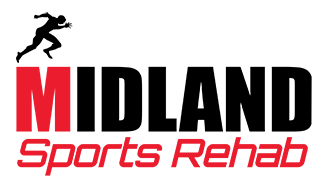Adapted Media Release
The principles of acupuncture are firmly grounded in science. Period. According to Dr. Adrian White, the editor and chief of the scientific journal Acupuncture in Medicine, “one of the major problems facing medical acupuncture is the preconceived notions both the public and healthcare professionals have of it,” he said. “The perception is that acupuncture is still all about chi and meridians.”
This view has hindered its acceptance among healthcare professionals, and its wider use as a valid addition to pain control in conditions, ranging from nausea to arthritis, as well as after surgery, he contends.
“In the past it was easy for doctors and scientists to dismiss acupuncture as ‘highly implausible’ when its workings were couched in talk of chi and meridians. But it becomes very plausible when explained in terms of neurophysiology,” he explains.
Unfortunately, the scientific approach just isn’t as sexy,” he continues. “Many people, including practitioners and the public, have held on to the traditional explanations.”
How Does Acupuncture Really Work?
There’s plenty of science, which has been building up for the past 30 years, to show that acupuncture stimulates the nerves in the brain and spinal cord, releasing feel good chemicals, such as opioids and serotonin. The research also shows that a needle placed outside of the traditional meridians will have an impact. “Points don’t have any magical properties; they are simply convenient locations to needle,” he says.
Clinging to the traditional approach also stymied good quality research, because needling outside the meridians is often used as a comparator. “This misunderstanding has been a fundamental flaw in the design of many acupuncture studies,” comments Dr White.
Shrouding acupuncture in the mystery of Chinese philosophy has also prevented healthcare professionals from providing acupuncture themselves.
“[They] already know how to diagnose, and they already know a great deal about anatomy and physiology. They can easily learn to practice acupuncture safely and effectively,” after a short foundation course.
“The aim of Acupuncture in Medicine is to build up evidence for acupuncture’s place in the modern health service.” Stated Editor and Chief, Dr White.
While it may not be a cure all, acupuncture does have a place, and is a relatively inexpensive approach to common conditions that can be difficult and often costly to treat. Acupuncture can naturally help treat many conditions including digestive disorders, emotional well-being, addiction, infertility, acute and chronic pain, symptoms derived from chemotherapy and radiation, and MORE!


